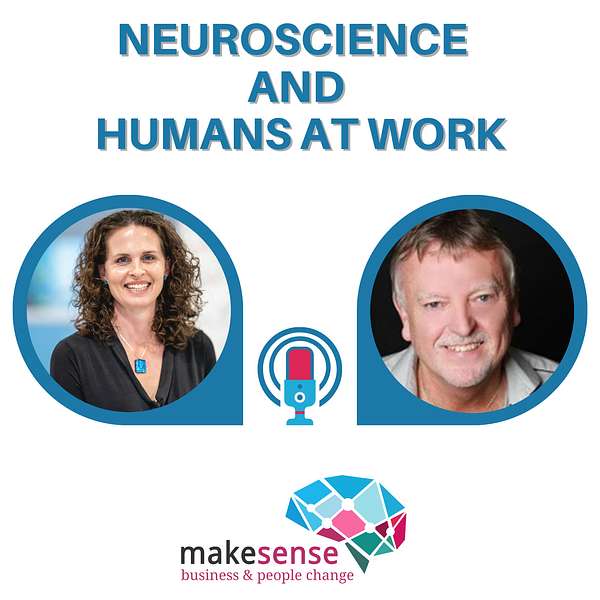
Neuroscience and Humans at work
Keeping up to date with the science behind what makes people tick is essential to realising our own potential but also the potential of those we work with. This fast-evolving subject is critical to the workplace.
Making Sense of Neuroscience and Humans at Work explores what happens in the brain and the wider body intelligence system alongside the concept of energetic connection to help equip leaders, managers and HR Professionals to create constructive cultures and bring out the best in their people.
The more we can build a reliable understanding of the human brain and intelligence system the more we can understand what goes on below the surface of human behaviour as well as the psychology of what goes on above the surface. Given our brains are shaped by the people and circumstances around us, we have an individual and collective responsibility to help make that a constructive experience.
This is essential to positively influence change, communicate more effectively, build high performing teams, make better decisions and create those thriving cultures that are often talked about but not always achieved.
Neuroscience and Humans at work
Making Sense Of Our Emotions
In this episode there are two parts. The first part looks at how to make sense of our emotions and the second part has a focus on the really under represented emotion of shame.
Many people talk about emotional intelligence or wanting to change their behaviours without really understanding where those behaviours come from. In an evolutionary context we developed emotional connection to allow us to cooperate in groups. The way emotions work in the body is not black and white. Emotions are varied and messy. So when we are talking about emotions, things can be very important, not very important, very positive or very negative. Emotions demand action, but what action should we take?
This episode explores three key areas which will help you make sense of your emotions:
- The importance of emotional balance in health and wellbeing. To be in a real state of health and wellbeing we need to be in balance. Negative emotions are our body telling us we out of balance and body has to work harder to cope with that state.
- The role of self-compassion and slowing down in managing emotional responses. The brain processes emotional responses much faster than thoughts and so we need to take time to give our reflective brain a chance to work out why we are feeling defensive and respond in a way that is helpful to us.
- How to stop letting shame hold you back. There is nothing wrong with shame. It is a human emotion. Shame is simply our body trying to help us but it can lead to unhealthy responses including underperformance, under confidence, withdrawal, isolation and depression. Learning how to handle shame is important to determining if it will protect us or endanger us.
Happy listening!